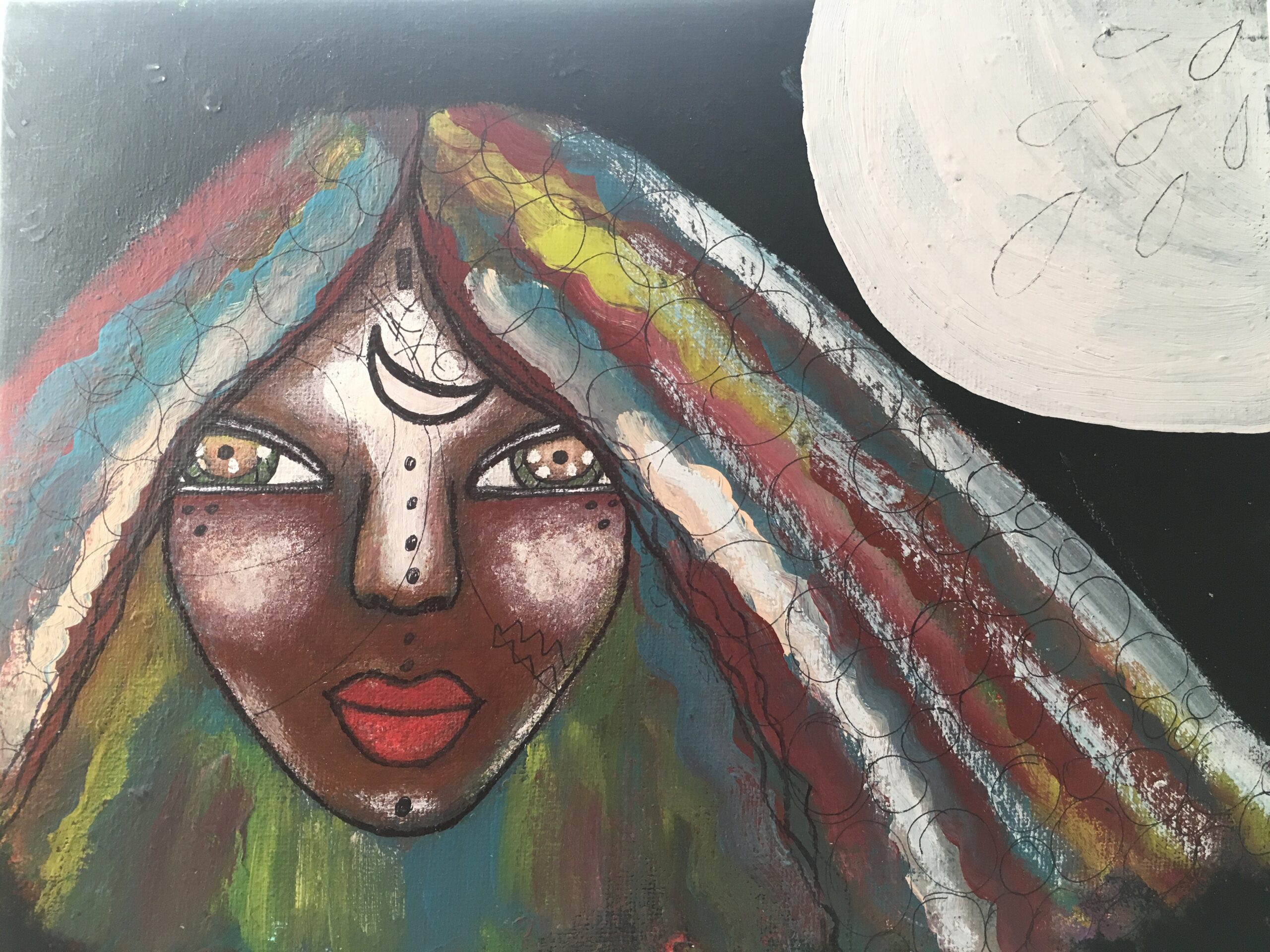
Check your assumptions before becoming a Psychic Medium Intuitive Life Coach
Check your assumptions before becoming a Psychic Medium Intuitive Life Coach
Hi, I’m coming to you with an important piece of information. I feel its a valuable part of any beginner psychic medium intuitive to check their own belief systems. It’s awesome if this gentle inspection can be taken care of before they work with clients or the public.
Surely this would be ideal. However, as soon as we can take stock of our beliefs and assumptions we should. This is for the betterment of all.
If you’re looking into becoming a life coach who uses psychic mediumship powers to assist your clients with finding direction and clarity in their lives. You will come across something called a presupposition plus assumptions.
It’s interesting to note that presuppositions nor assumptions are not universal truths, preferences, facts, or statements, but are attitudes we choose to subscribe to. We have all picked up some unhelpful beliefs and worldviews, but if we never take the time to identify them, we won’t be aware of what we are instinctively transferring over to other people.
However, presuppositions can be employed positively if they are embraced as a set of ideas which allow us to relate to other people in the most effective way possible.
1. ALL PEOPLE HAVE GOOD INTENTIONS, BUT BAD BEHAVIOR
Although some people will do some crazy, immoral and irresponsible things in life that we will never understand, it’s important for us to understand as life coaches that there’s no such
thing as a bad intention, for an individual, will always make the best choice they can, according to the information, they have available to them at the time.
This is an incredibly difficult and controversial concept when discussed at face value, so it’s essential to emphasize here that this is in the context of life coaching, not a general life principle. This really stands as a challenge to life coaches to practice unconditional acceptance, for there will be times when a client does practice or believe in things which go against your moral or personal philosophy.
This presupposition is not an objective statement about a client, but rather a presupposition
you must hold as their coach. As a life coach, we will do a disservice to our clients if we
assume the worst of them, in any context.
All our actions have at least one goal – to accomplish something that we value and that will benefit us. An individual is not their behavior. When a person becomes aware that there’s a
better choice of behavior that will also achieve their positive intention, they’ll take it.
It’s crucial that our number one goal is to protect the trust in the relationship with our clients and in order to do this, we must not jump to conclusions about what we think their intentions
are. We must instead take time to understand what their intentions actually are. Always give people the benefit of the doubt before you know any differently.
2. THE PAST DOESN’T EQUAL THE FUTURE
People are scared of failure and this is the primary reason why they don’t go on to do the
things they really want in life. In life, we’re basing every decision that we make on similar decisions we’ve made in the past and the consequent outcomes that we’ve experienced.
If someone believes that their past equals their future, they’re going to expect similar results in their future to what they’ve experienced in the past. If they’ve experienced a lot of hurt or rejection in their past they are going to be less likely to go on and pursue their dreams, take risks and do the things they really want to do.
As life coaches our goal is to help someone manage their internal processes and help them to get out of the rut they’ve found themselves by shifting their perspective off of the past and onto the future.
3. NO ONE IS BROKEN
No one is wrong or broken. No one is a victim. Many people believe that they are and this
a limiting belief is what holds them back and prevents them from doing the things they want to do in life. Our role as life coaches is to help people recognize and accept just how ‘Unbroken’ they actually are which means that there’s potentially nothing that they can’t go on to achieve
in life.
4. EVERYTHING IS ACHIEVABLE
If one person can do something, it’s possible to model it and teach it to others. Therefore, everyone can learn to get better results in their own way. We all have the ability to do all things, all of the time.
The only thing that’s holding us back from doing the things we really want to do in life, is the appropriate strategy. Our role as life coaches is to help people realize and accept that there’s nothing they can’t achieve in life. By eliciting the appropriate strategy, anything is achievable.
5. EMPOWERMENT COMES VIA RESPONSIBILITY
Many people live completely disempowered lives because they haven’t taken full
responsibility for their lives. As mentioned previously, many individuals believe that
they are ‘victims’ of the circumstances that life throws them.
Now, although bad things do happen in life, we always have a choice as to how we act and respond to our circumstances. Helping people to realize and accept this empowers them to develop an inner resilience so that they no longer allow circumstances to ‘crush’ them but instead push through to achieve the things they really want in life.
6. PEOPLE DON’T KNOW WHAT THEY DON’T KNOW
People aren’t as good as they think they are at identifying the gaps in their knowledge;
ignorance plagues everyone in society, even experts of fields are ignorant about something
they’re trained or educated in. But learning is stronger than knowledge, perception is more potent than reality, and vision is more significant than actuality.
It’s important that we all understand information from the perspective of wanting to share it with other people, rather than for personal gain, and that we always stay curious and ask questions. We will never be perfectly knowledgeable, but we can always be teachable.
7. OUR FOCUS DETERMINES OUR EMOTIONAL HEALTH
What we choose to focus on impacts us emotionally; our predominant thoughts determine whether or not we will feel emotionally healthy or unhealthy. Those of us who have low-self esteem will be able to recognize that the majority of our thoughts are negative, and we tend to focus on the things we don’t like about ourselves or our failings.
However, only we are responsible for how we feel at any given time; we choose what to focus on in life, and as hard as it seems to those who suffer from persistent negative or adverse thinking we can all learn how to discipline our minds and change our focus.
Life coaches can teach their client’s different ways in which they are capable of processing information and
managing their thoughts.
8. HUMAN NATURE VS. HUMAN NURTURE
The nature vs. nurture dichotomy throws into contention which particular aspects of a person’s behavior is inherited (i.e. genetic) or acquired (i.e. learned) characteristics.
Many behaviors and habits come to us so naturally that we don’t even consider the idea that they’ve learned, and we’re even less aware of where they’ve come from.
This idea allows us to scrutinize our character and behaviors and dissect their nature (or nurture) of our negative or disruptive characteristics. We can start asking better questions such as, “who makes up the rules here?” or, “who gets to choose the way I should live my best life?”
9. BEING BETTER IS BETTER THAN FEELING BETTER
As part of our survivalist, evolutionary makeup, the human subconscious works automatically in the background to assure we avoid feeling bad at any possible moment. When we experience physical or
emotional pain, we instinctively try to make ourselves feel better; but unfortunately, this is
only a temporary solution, as what makes us feel better isn’t usually what makes us become better.
Being better, however, is a longstanding, more impactful way of living. Being better doesn’t result in feeling better straight away, which most people find discouraging, but over time it results in the individual being stronger and more mature than they once were.
10. OUR COMMUNICATIONS EQUAL OUR RESPONSES
The intention of communication is an influence. We always want to influence people in some
way, be that about a message, an idea, instruction, direction, advice, or emotion. But this idea explores how communication only has meaning if the recipient reacts in a way that the
communicator intended them to.
If someone feels confused about what is communicated by yourself or others, their confusion is not a reflection of their intellect, but of the quality of communication. If we can not explain
m to other people what we understand in a way that they can understand it, then we have failed as communicators, and arguably demonstrated that we do not really understand what we try
to communicate. If people don’t understand us, we must evaluate what we say and how we say what we say.
11. ALL PEOPLE HAVE THE ABILITY TO CHANGE
People in life will not change until their desire to change is greater than their desire to stay the same. Change depends upon two things: intention and ability. No matter what our intentions
are to speak fluent French, we won’t be able to do if we do not know how, and no matter
how capable we are of drawing, we won’t create a masterpiece if we never intend to.
While this may seem obvious when presented analytically, issues arise in general society because, according to the common psyche, there’s no difference between actual inability to change versus perceived inability to change. If people don’t think they can change, they won’t, because they don’t try to.
Our attitudes towards change vary depending upon how we perceive the end result: is
it favorable, or unfavorable? And this itself proves a problem, for the inconvenience of
change, is a more automatic thought to human evolutionary nature, as we’re more inclined to savor energy and choose the easiest option when possible.
The second issue that arises from this hurdle is the challenge of consistency; but as long as you as the life coach ensures their client’s focus is on their intention, then behavior can change for the better, and become an automatic way of being.
Queen Sereda
Hi beautiful! My name is Queen Sereda and I am the director and co-creator of the website, Naturally High Life and Queen Sereda. I live in Colorado with my loving family currently. I’m a writer, Artist, Intuitive Life Transformation Counselor and a balanced life enthusiast. I began the websites I have as a way to share my appreciation for life, spiritual experiences, intuitive readings, channeled intuitive art and mindfulness tips. I also offer my readers intuitive readings through the website to help readers to deeply connect with their own passion, destiny, purpose and life path. As a child and now an adult, All my life- I constantly felt led by my ancestors, spirit guides and angels. My purpose for creating this course is so that you will also have a chance to experience the tremendous blessings of communicating with Divine Spirit. Why should you take my course? I work as a team with my spirit guides to channel my higher self. I've been working with Spirit for over 20 years constantly. I enjoy learning daily and enjoying life! In my work, I work with brilliant heart centered women. I assist them with gaining personal life clarity and connecting to a deeper understanding of their life purpose. My goal is to assist with aligning you with your own spiritual life clarity and truth using simple steps designed to nourish your successful personal transformation. To your success! Queen Sereda

You May Also Like

Turning Lemons Into Lemonade
January 24, 2014
Come Arrange a Newly Refreshed Lifepath with This Fierce Super New Moon Eclipse in Leo!
August 11, 2018
